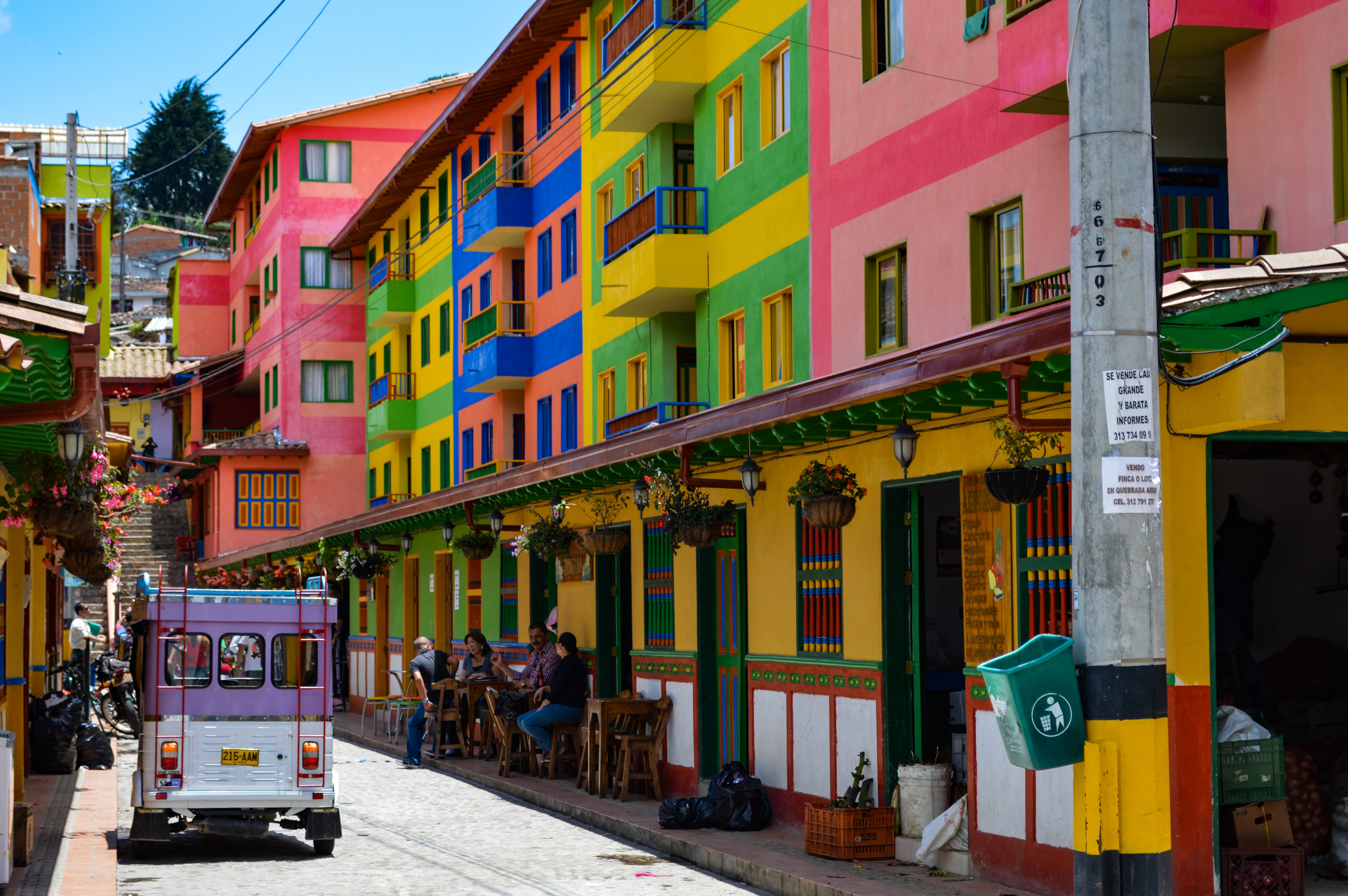Adopting From Colombia
Colombia is a beautiful South American country with coastlines on the Caribbean Sea and the Pacific Ocean. It is home to nearly 50 million people in Latin America. Colombia has a well-established, yet often less heard of, adoption program.
When a family decides to pursue adoption internationally, one of the first decisions they will need to make is which country they plan to adopt from. The potential adoptive family will work with government agencies of both countries that are designated to oversee adoption. The process on the US side is not influenced by which country a family is adopting from, but each country has its own rules and requirements for US citizens adopting from that country. These differences affect who is eligible to adopt from the country, the process required to apply, and the requirements for in-country travel (frequency, length, etc.).
The organization that regulates adoptions in Colombia is called ICBF (Colombian Welfare Institute/El Instituto Colombiano de Bienestar Familiar). ICBF has set criteria that families hoping to adopt from Colombia must also meet.
Adopting From Colombia
Colombia is fairly open to different types of hopeful adoptive parents who are eligible to adopt from the country. Single people, married couples, and same-sex couples may all qualify to adopt from Colombia—assuming they meet other criteria set forward. Adoption from Colombia is an option for native Colombians and those living in other countries, as well.
Who may qualify?
- Single people
- Married couples
- Same-Sex couples
In order to be considered eligible to adopt a child from Colombia, you must be at least 25 years old and at least 15 years older than the child you are hoping to adopt. You must be able to demonstrate that you and your family are capable of safely providing a stable family for a child (financially, mentally, and socially). The local adoption agency that you are working with (the agency located in the country you live in) will help provide the documentation necessary including a psychological report, social report, medical certificate, and certificate of preparation for adoption.
Terms of Eligibility
- Must be at least 25 years old and 15 years older than the child
- Must complete an adoption application and home study
- Must meet all the requirements of your home and international agency
Having a chronic health condition, or being treated for a mental health condition, does not disqualify someone from adopting from Colombia. The applicant will be required to provide documentation from their healthcare provider that specifies the diagnosis of any condition requiring periodic follow-up as well as the cause (if known), treatment, the dosage of medication, prognosis, the current state of the disease, and what incidence it has on the performance of the parental role. In some cases, a psychological report is also required. The applicant will need to provide documentation on the medical certificate as well as provide a certificate of ongoing treatments (physical or psychological) issued by the professionals overseeing treatment.
Documentation and Paperwork
Your agency will also help you prepare the required paperwork and forms necessary to get started on your Colombian adoption plan—beginning with your Indeterminate Adoption Application. Also required is a letter of introduction or motivation of the applicants to start the adoption process. Your agency will then provide ICBF forms committing to oversee the child prior to nationalization in the country of the adopting family. Later on, the agency will provide post-placement supervision and reports. Other documents that you will need to collect and present may include:
- Birth certificates
- Passports
- Marriage Licenses
- Financial Reports (family budget and income statement for the previous year)
- Divorce Decrees (if applicable)
- Certificates of judicial, criminal, or police records (if applicable)
These documents will be obtained and sent to ICBF in order to further demonstrate your ability to provide a stable environment for a child. You may also be required to provide photographs of your home, family, and support system—such as extended family and friends. A formal letter of commitment and responsibility for participation and information in the process of preparation, evaluation, and selection for adoption will also be collected.
There is a substantial amount of documentation that is necessary to complete throughout the process of adopting a child from Colombia. This documentation is no more labor-intensive than other countries; remember that every step’s purpose is to ensure that the children leaving their home country will be entering stable, safe families and environments.
How do I get started?
There are many reputable agencies that work with families hoping to adopt from Colombia. The Gladney Center for Adoption is one agency with a long-standing relationship with Colombia. You can visit ICBF’s website to see a list of international agencies that can work with you.
Once this application process is complete, several authorizations will take place. The first authorization is for the entry of the child into a situation of adoptability by the government of the adoptive parents. The second is the permit for intercountry adoption of suitability issued by the competent authority in the receiving country (Hague Convention Articles 5, 18, and 15).
After families have completed all of the appropriate paperwork for the adoption, they may begin preparing for a match with a child. They may also start preparing to visit the country of Colombia. Once in Colombia, hopeful adoptive families can take advantage of their time and learn about Colombia’s rich culture as they enjoy the food, atmosphere, and beautiful architecture of their future child’s country. Colombia is a country that families can safely return to and find enrichment from.
To learn more about international adoption, check out the following resources:
How Does International Adoption Work?
What Do I Need to Know Before Adopting Internationally?
How Could I Afford International Adoption?
How Can I Make Sure My International Adoption Is Ethical?








